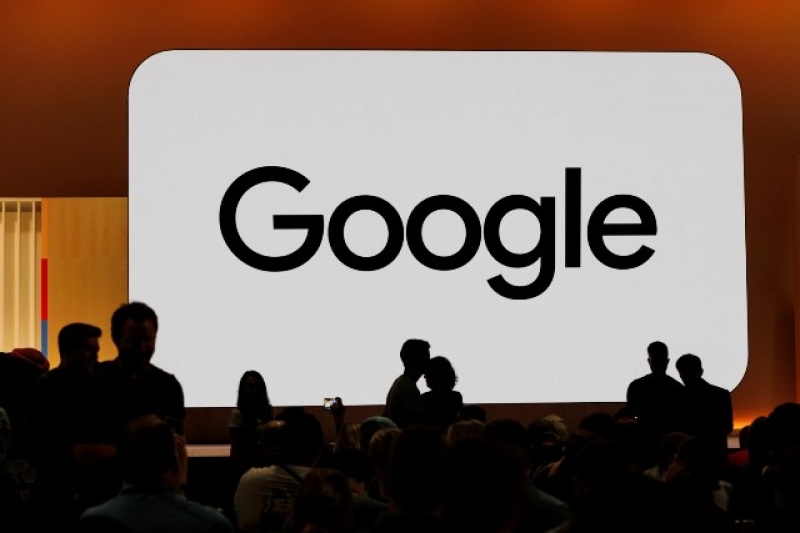- India Sees 9% Drop in Foreign Tourists as Bangladesh Visits Plunge |
- Dhaka Urges Restraint in Pakistan-Afghan War |
- Guterres Urges Action on Safe Migration Pact |
- OpenAI Raises $110B in Amazon-Led Funding |
- Puppet show enchants Children as Boi Mela comes alive on day 2 |
Google to Pay $1.4B in Texas Data Lawsuit Settlement

Google sign board
Google has agreed to pay $1.4 billion to the state of Texas to resolve allegations that it collected users’ personal data without proper consent, Texas Attorney General Ken Paxton announced on Friday.
Paxton said the settlement sends a strong warning to tech giants that profiting from the misuse of personal data will not be tolerated. “Big Tech is not above the law in Texas,” he stated. “For years, Google secretly monitored users' locations, search histories, and even captured biometric data like voiceprints and facial geometry. We fought back—and we won.”
The lawsuit, originally filed in 2022, accused Google of violating user privacy by tracking their geolocation, collecting data during "incognito" browsing, and harvesting biometric identifiers through services like Google Photos and Google Assistant.
Google spokesperson José Castañeda responded by saying the settlement addresses “long-standing issues” and noted that many of the relevant product policies have already been updated. He added that the agreement doesn’t require any further changes to Google’s products and that the company remains committed to improving its privacy controls.
According to Paxton, this is the largest state-level settlement ever reached with Google over privacy violations involving user data.
The state has reached previous settlements with Google, including a $700 million agreement in December 2023 tied to antitrust allegations surrounding the company’s Android app store.
Texas also recently finalized a separate $1.4 billion privacy settlement with Meta over similar claims involving unauthorized use of biometric data, reports UNB.

